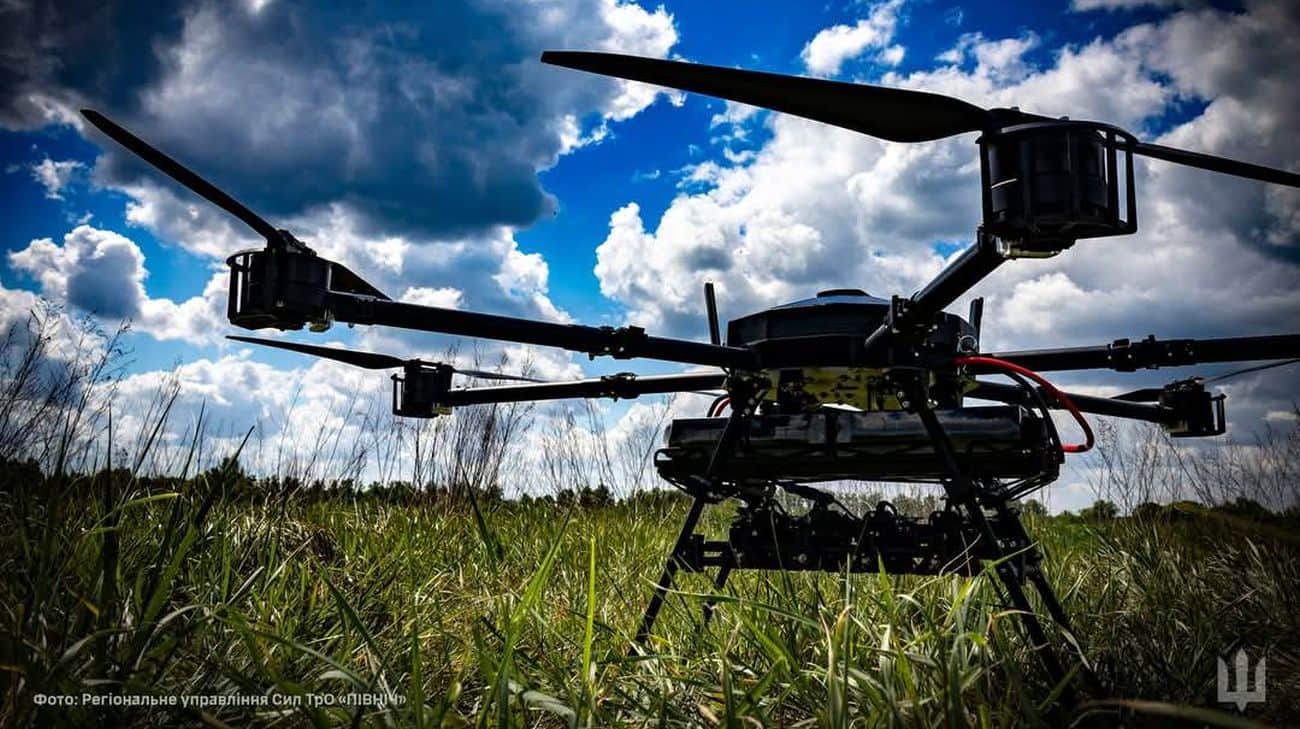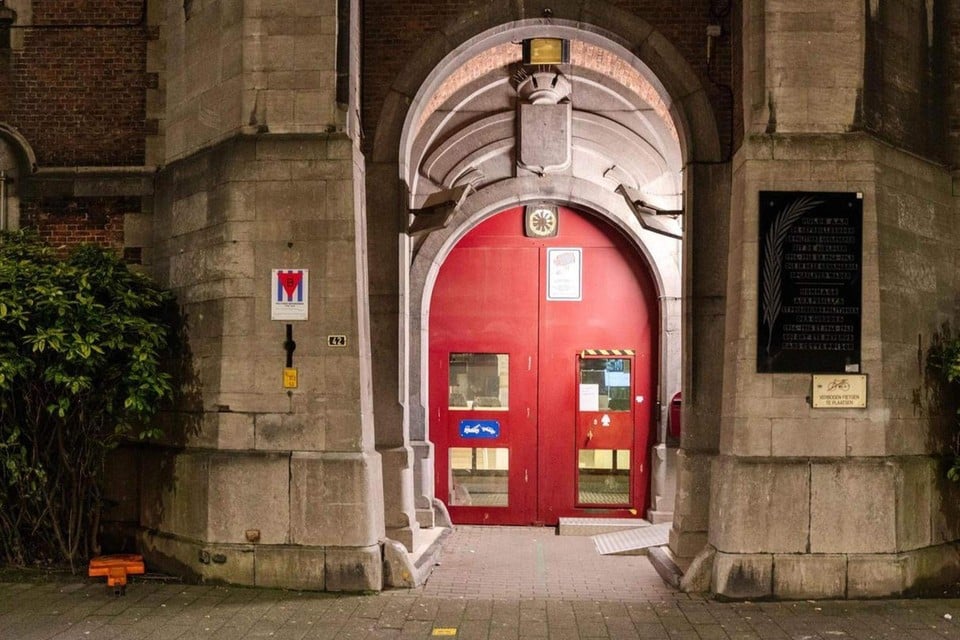Missing organs and bodies in decay. Autopsy soldiers testify to brutality in Russian prisons

More than 200 Ukrainians died in captivity.
Kiev. From the beginning of the Russian invasion to Ukraine More than 200 Ukrainian prisoners of Ukrainian war, AP writes in Russian captivity. Many deaths have probably contributed to abuse, the agency added, referring to representatives of human rights organizations, the UN, the Ukrainian government and the Ukrainian judicial practitioner, who performed dozens of autopsy of dead prisoners of war.
The Russian authorities did not respond at the request for a comment.
More and more common tuberculosis
Ukrainian soldier Serhija Kryhorjevo Russian army captured in 2022, when he defended the city Mariupol. Nevertheless, his family believed that he would eventually return home in order. Mask It is obliged to protect war prisoners under international law, AP wrote.
However, only the remains of a 50 -year -old man returned to their homeland. The Russian death certificate reported that he died of a stroke. However, the autopsy performed in Ukraine and the words of another former prisoner of war, who was imprisoned with him, testify to violence and neglect of medical care by its prisoners, writes the agency.
The truth is a daunting, said forty-eight-year-old Oleksi Hončarov, whose Russians with Hhahorjev held in a colony in the Russian town of Kamenk-Šachtinsky. According to him, Brahorjev faced as hard punishment as other prisoners of war.
« They were all beaten without exception. Some less, others more, but everyone, » he described Hončarov, who returned to Ukraine in February in one of the exchange of prisoners of war. After his return home, the health professionals themselves diagnosed tuberculosis, which is an increasing phenomenon among people returning from Russian captivity.
Although Hončar’s months felt pain on his breasts, the beating did not stop and faced him sometimes even after asking for medical care he had not seen. Games, who was physically strong at the beginning, began to show signs of physical decline over time: he suffered dizziness, fatigue and eventually could not even walk without foreign aid, she described AP. Despite his deteriorating condition, however, in prison, according to Hončarov, he gave him only minimal health care.
The guards finally placed Khrahorjevo in a small cell, which was damp, cold and without lighting. He had another Ukrainian prisoner, a rescuer. A month later, Kryhhorjev died in a cell.
According to the Russian death certificate, it was 20 May 2023. Less than a year later, the Ukrainian police spoke to the family with the information that Russia had arrived from a body with a death certificate listed on the name of Charyhorjev’s name. His identity confirmed the DNA test. However, the autopsy carried out in Ukraine challenged the arguments of the Russians about stroke. She concluded that he was bleeding after crushing his abdomen when he also suffered spleen injuries.
Problem in determining the cause of death
Representatives of human rights organizations or Ukrainian authorities consider Ukrainian prisoners of the deceased in Russian prisons as further evidence that Russia is treated systematically brutally with captured soldiers.
The irregularities in the autopsy reports and repatriation of the bodies that are crippled and in decay are evidenced by the effort to conceal alleged torture, starvation and poor healthcare in prisons and detention facilities in Russia and the occupied territory of Ukraine.
At least 206 of Ukrainian prisoners of Ukrainian prisoners have been killed in Russia, he writes, referring to the Ukrainian authorities, etc. Another 245 Ukrainian prisoners of Ukrainian prisoners were killed by Russian soldiers on the battlefield. The number of dead prisoners is expected to grow as other bodies will return.
According to AP, Ukrainian judicial practitioners face considerable difficulties in determining the causes of the death of these people. In some cases, for example, internal organs are missing in the bodies and the next obstacle is the advanced phase of the decomposition in which the bodies are in return.
The AP spoke with relatives of 21 Ukrainian prisoners of war who died of captivity. Aims performed in Ukraine found that five of them died of heart failure, including soldiers aged 22, 39 and 43. Four others died for tuberculosis or pneumonia of the three and three was the cause of death of infection, suffocation and head injury.
According to Inna Padajová, who performs the autopsy of returned Ukrainian soldiers, physical abuse and untreated injuries or illnesses probably contributed to the death of many.
Moscow did not comment on the AP report. She had previously accused Ukraine of bad treatment of Russian prisoners. The UN has partially confirmed this, although it stated that the Ukrainians are much less common and less serious than what Russia is blamed for, AP writes.
The UN report of 2024 states that 95 percent of the released Ukrainian prisoners of war has faced systematic torture. Prisoners described beating, electric shocks, suffocation or sexual violence.
According to AP, the report also states that some Russian prisoners have faced poor treatment by Ukrainian soldiers just after their captivity, including beating, threatening and electric shocks. According to the report, however, it stopped as soon as they were transferred to official Ukrainian prisons.








